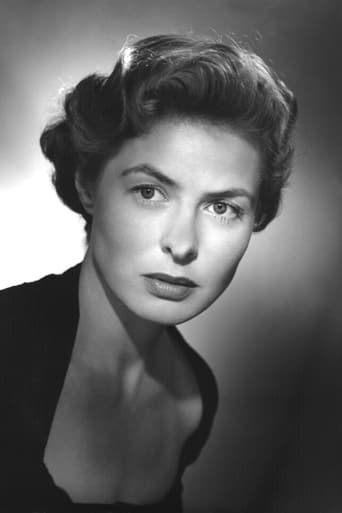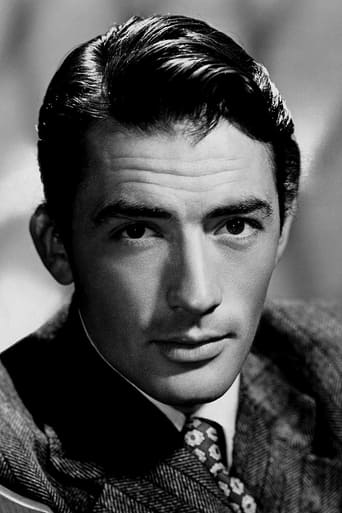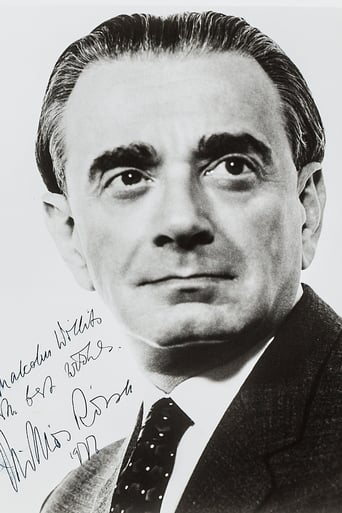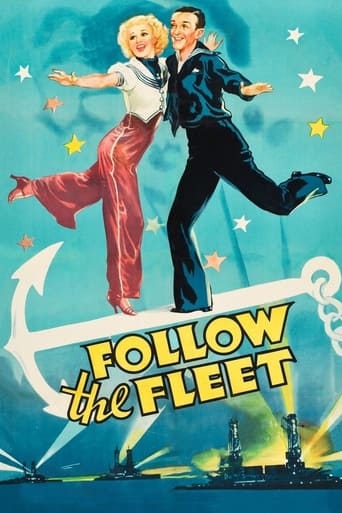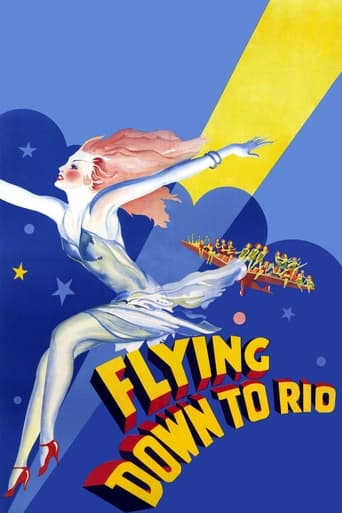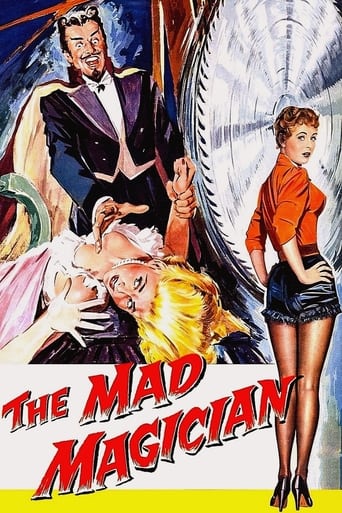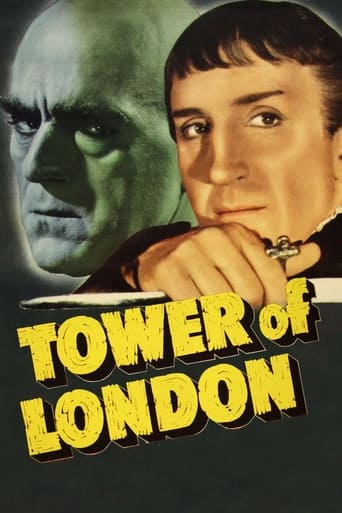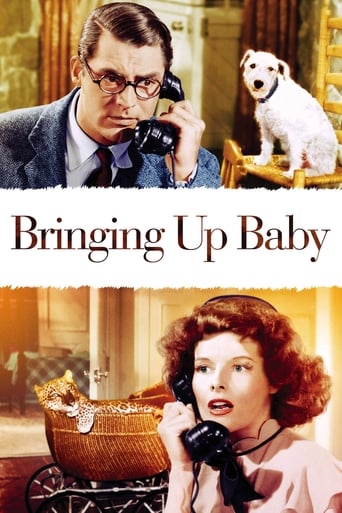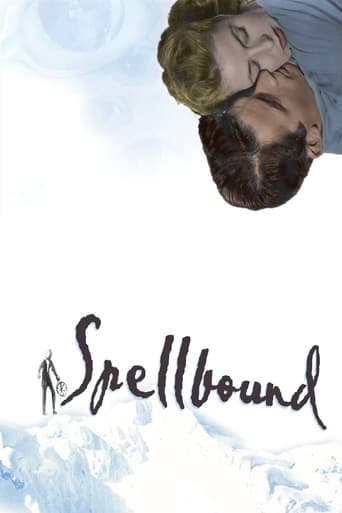
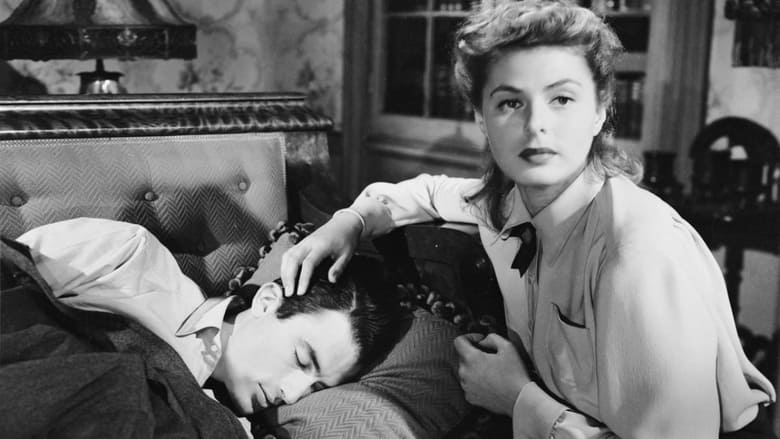
Spellbound (1945)
When Dr. Anthony Edwardes arrives at a Vermont mental hospital to replace the outgoing hospital director, Dr. Constance Peterson, a psychoanalyst, discovers Edwardes is actually an impostor. The man confesses that the real Dr. Edwardes is dead and fears he may have killed him, but cannot recall anything. Dr. Peterson, however is convinced his impostor is innocent of the man's murder, and joins him on a quest to unravel his amnesia through psychoanalysis.
Watch Trailer
Cast


Similar titles
Reviews
It's complicated... I really like the directing, acting and writing but, there are issues with the way it's shot that I just can't deny. As much as I love the storytelling and the fantastic performance but, there are also certain scenes that didn't need to exist.
The performances transcend the film's tropes, grounding it in characters that feel more complete than this subgenre often produces.
Easily the biggest piece of Right wing non sense propaganda I ever saw.
I enjoyed watching this film and would recommend other to give it a try , (as I am) but this movie, although enjoyable to watch due to the better than average acting fails to add anything new to its storyline that is all too familiar to these types of movies.
Ingrid is spectacularly spellbinding, indeed: although it's supposed to be Gregory that's under the spell; and he is, but rather, again of Ingrid's dazzling radiant beauty that Hitchcock has fawned over in his camera direction - although as for Greg, portraying a guy who's got amnesia, but smitten by Dr. Constance, he's merely as wooden as furniture they caress around!As for the era's constant oh so overt sexist putdowns of her in this profession - seen from today it becomes amusing as though deliberately done to poke fun at the patriarchal world of that time: just listen to some of the hokey, if not female insulting, dialogue (= thanks one by Ben Hecht - see the quotes sidebar), yet likely exactly the sentiments for women in such professions in that closing world war period (check out the old - OLD! - out and out creep that hits on Ingrid in the hotel foyer: yeuch! Is that satire? Or actually how life really was for women, then?! Remember, Hitch had a reputation to creep out / harangue his young starlets.)In the film, are of course, some reputable cinematic 'tricks' to keep an eye out for: no plot spoiling here, other than to mention 'Dali' and also 'colour', as they should stand out as you watch: but back projection wasn't one of them, so the interminably long ski down hill makes you wonder that if they are shown as having HIKED up the perilous mountain side (no ski lift in sight), just how long must that have taken them, for such a lengthy ski down ?!Overall, gorgeous (count how many times Ingrid is presumably directed to fiddle with her hair - she's a woman, see?), but at many twists and turns, unintentionally hilarious. But psychoanalysis, interpret the dream, was serious, then y'know. So, enjoy one of Hitch's - and Ingrid's - best.
The beautiful Ingrid Bergman and the handsome Gregory Peck star in this excellently crafted and executed now-seasoned Hitchcock mystery-romance. The plot is good, but it is more the attention to detail in the finesse of the psychology elements that are the precious good here, while crafting a plausible and realistic platform to highlight the reality of a mental complex and all its processes. At the heart of that, is a smoothly designed romance that falls into place perfectly with the film embracing the complexities of mental pathology, along with love; all the while delivering a fluid viewing with excellent, really very good dialog, both technical/complex at times and meaningful, as the story and plot consistently remain at a high level whether early on laying the foundation, or during any of the later events up til the conclusion at the end. Superb film.
Along with its obvious echoes of the style the master of suspense was so renowned for, SPELLBOUND is a slightly different movie of his. Except for the Expressionistic character of Hitchcock's movies both in their visual schemes and thematic concerns, it is a "tale of psychiatry, love and murder" (Robert Snow). Bearing this in mind, we might quote Francois Truffaut who said about the director that he "gets the maximum effect from the minimum elements." This maximum effect in SPELLBOUND finds its fullest realization in its psychoanalysis, a true novelty for the 1940s.The psychoanalysis here, as dated as it may seem, occurs to symbolize a particularly modern approach not only to the screen adaptation of a literary piece (the film is based upon a 1927 novel THE HOUSE OF DR EDWARDES by Hilary Saint George Saunders and John Palmer) but primarily to addressing of the versatile needs and expectations of its viewers. Certain dated visuals do not, indeed, shadow the dynamic effect of appeal, understanding, interest that the movie still instills after all these decades. All its artistic equipment, including the terrific soundtrack by Miklos Rozsa (not Bergman) known for the instrument of theremin, brilliant details of images, namely the opening doors that appear to symbolize the opening of hidden worlds of characters in a totally new, yet undiscovered manner (Selznick's idea), the ultra-popular dream sequence designed by Salvador Dali (I will mention later) constitute the great merit of the film and its director who could "infuse the simple story with compelling camera work and great pacing that keeps us guessing until the final pieces drop into place" (Robert Snow). However, the major strength of SPELLBOUND lies elsewhere...Carter B Horsley in one of his reviews on Hitchcock's films stated memorably that the Master of Suspense could boast three major points: "immense influence, sardonic and mischievous with and the magnetism of his cast." The two first points would never exist without the last one, that is the leading and supporting cast who make SPELLBOUND a true feat of acing.As the story imprisons its characters within the spheres of psychoanalytical approach which reinforces the duality of human nature, the actors deserve full credit. Ingrid Bergman as Constance Petersen and Gregory Peck as John Ballatyne) make a brilliant couple of a doctor and her patient developing various emotions and feelings that come and go in their growing relationship. With certain liberties taken with its original literary source and highly adapted to the medium needs by Ben Hecht, the cast supply us with an authentic insight into situations and states of mind therein depicted. As the story develops 'emotional problems of the sane,' (which we read at the beginning), they handle the task to prompt the audience to psychoanalyze the characters. Of course, we, supplied already with incomparable experience within that field after years of its popularity, do that differently than viewers of the 1940s did that. Anyway, that inspiration still works. Roger Ebert rightly pointed out about Ingrid Bergman that she "subtly combined the noble and the carnal" Some of the very best moments of theirs include the railway station moment, the kiss, Peck's first entrance and the visit at Dr Alexander Brulov's played magnificently by Michael Checkov. With his weird English accent and his cutting remarks, he makes for supreme wit and thrill as well as adds clever intellectual resonance to the story.The minor point of criticism might refer to the skiing sequence which surely occurs dates and a bit laughable and the performance of Leo G. Caroll as Dr Murchison who, on the one hand, does not call our attention on the true villain (and rightly so) but, on the other hand, becomes a bit too suspicious with his forged respectability, calmness and conventionality.Something needs to be mentioned about Dali sequence. Initially planned as a 22 minute sequence and finally cut to 2 minutes, it is still the most intriguing, nightmarish, mysterious almost part of the movie that is impossible to be skipped. Robert Snow rightly calls it 'cool' stating further that "the backgrounds have that stark, painted quality of Dali's surrealist works." Much more could be said about this excellent movie but the word limit, unfortunately, does not allow that. Putting it in a nutshell, it is one of a little less famous Hitchcock but, surely, highly worth seeing as a tremendous depiction of any sane man put behind bars of guilt complex.
Well, I'll tell you one thing for certain - Alfred Hitchcock's "Spellbound" definitely didn't hold me spellbound. Far from it. In fact, a number of times throughout the story I actually burst out laughing at how corny, clichéd, and, yes, cockeyed this particular romance was.I guess back in 1945 (with WW2 ending, and everything) they must have figured that no matter how implausible and dumb "Spellbound's" story really was, it couldn't fail to be a success since it starred 2 of Hollywood's most beautiful and adored actors-of-the-day, Ingrid Bergman and Gregory Peck (both in their prime at 30).And, of course, Spellbound was, indeed, a huge hit when it was first released.For me, though - About the only thing worth watching Spellbound for was its brief dream sequence which was conceived by surrealist artist, Salvador Dali.Unfortunately, this particular episode in the film was cut from its original 20 minutes to only 2 minutes by the film's producer, David Selznick, who, apparently, clashed with Hitchcock often over the direction of this production.


